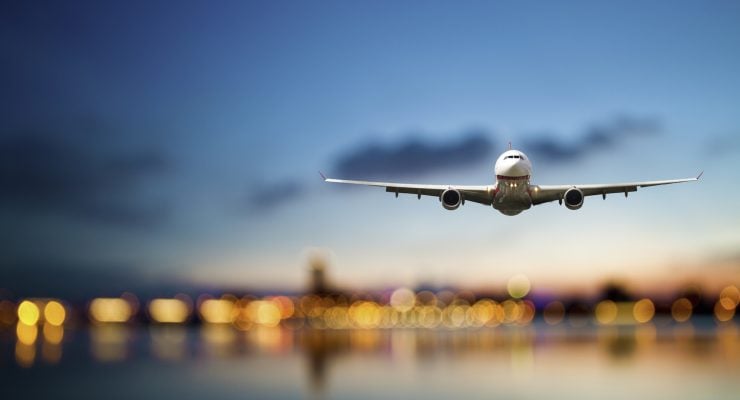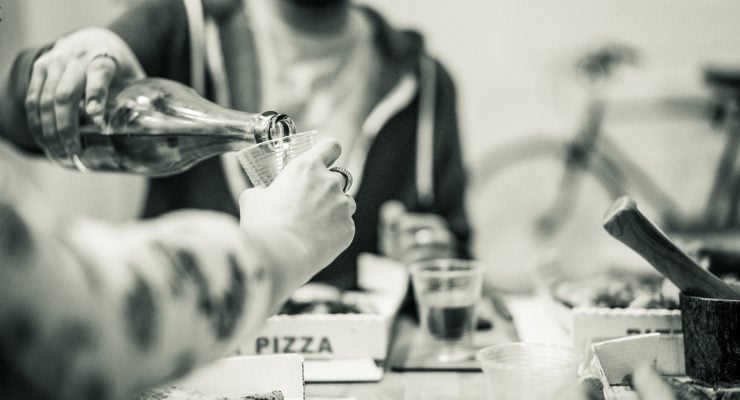Long term housing options
If you’re going to Japan on a year-long working holiday, chances are you are hoping for housing that is a bit more stable and affordable than an Airbnb or hotel.
There are a few options at your disposal, some more favorable to working holiday makers than others.
1. Share houses
Japanese share houses are most similar (though not identical) to what we might call co-leases. Basically, anywhere between 5 to 35 people live in a large home, depending on its capacity. Share houses are managed by agencies that are responsible for the entire home and its residents.
Oakhouse is an agency that specializes in share houses in Japan. They are offer pvtistes.net members
¥10,000 off their next booking!
This is the best and most realistic option for WHV holders. We dive into the details of share houses in the next chapter.
2. Co-lease or sublease
Co-leases are not common in Japan, and certainly less so than share houses. It is possible to find a room managed by the landlord rather than an agency. Sometimes it’s the tenants who sublease their room themselves directly.
Be careful with this option because it is illegal for tenants to sublease without the consent of their landlord. Even if you find a great deal, if it is done under the table you don’t have any legal protections in case of problems with the house or its other residents.
Websites that host such listings include:
3. Homestaying
Homestaying (i.e. living with a Japanese family) can be an interesting option for those who want to have an authentic Japanese living experience. It would also allow you to practice your Japanese daily and to live life among real locals.
Note, however, that your lifestyle might be restricted, as some families may treat you like one of their actual children and therefore impose curfews and other rules.
Here are a few resources to find host families:
4. Working for free room and board
Another solution is to go through something like WWOOFing, HelpX, or Workaway. In exchange for a few hours of daily work, you receive room and board for free. This option is primarily available on farms and in rural areas, where travellers are certain to have an experience unlike any other.
5. Renting an apartment
It should be said right away that renting an apartment in Japan in a standard tenancy is an uphill battle for foreign nationals, and even more so for WHV holders.
This is because lease agreements are often for two years and have stringent requirements with regards to paperwork, savings, visa duration, employment status and salary, Japanese fluency, and having a guarantor.
For locals and foreigners alike, it is almost always necessary to go through an agency rather than applying with the landlord directly. If you have unique circumstances that make you determined to go this route of classic tenancy, then you can use the following resources. Otherwise, most working holiday makers should choose one of the other aforementioned alternatives.
Foreigner-friendly agencies:
Classic agencies:
In the next chapter, we dive into share houses, the most popular and suitable option for working holiday makers in Japan.

















0 comments
{{like.username}}
Loading...
Load more